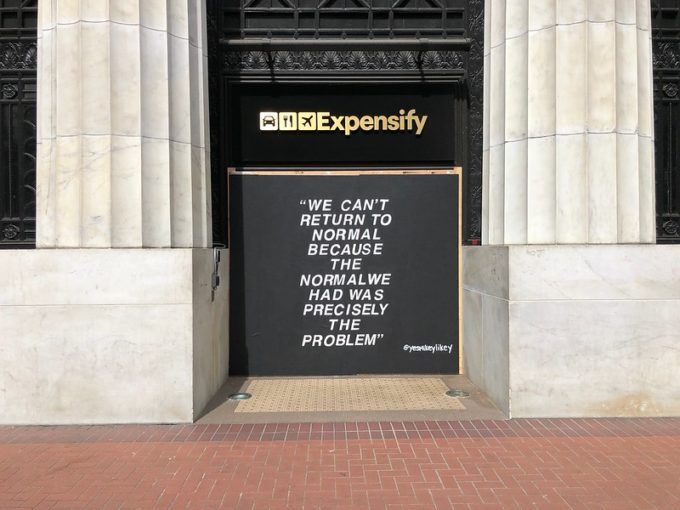Photograph by Nathaniel St. Clair
As every Econ 101 graduate can tell you, tariffs lead to corruption. The basic point is that if the government imposes a 25% tariff on imports, for example of steel or shoes, domestic producers are able to sell their products at a price 25% above the world price.
This creates both incentives to try to import items without paying the tariff, for example by misclassifying the product, and for businesses to effectively pay politicians to extend and raise the tariff. If all items were imported duty-free, these opportunities for corruption would disappear.
It’s the same story with government-granted patent monopolies on prescription drugs, except the effective prices are much higher, as is the amount of money involved. Prescription drug patent monopolies can often increase the price of a drug by 20-30 times the open market price, making them equivalent to tariffs of 2,000-3,000%.
Additionally, the amount of money we spend on prescription drugs dwarfs spending on almost every other item. We’re on track to spend more than $530 billion on prescription drugs this year, or more than $4,000 per family. These drugs would likely sell for less than $100 billion in a free market with patent monopolies or other protections.
Given the huge gap between the patent-protected price and the open-market price, it would be surprising if we didn’t see a lot of corruption. So when the New York Times ran a story about how a downtown hospital in Richmond, Virginia closed its intensive care unit and stopped providing many other services, it shouldn’t have be a shock to discover that the operation of a government prescription drug program was the source of the problem.
According to the article, the government provides hospitals in disadvantaged areas with drugs at a lower price than their patent-protected price. This allows the hospital to profit from selling the drugs at the patent-protected price.
The article gives an example of this scam:
Through 340B, Richmond Community Hospital can purchase a vial of Keytruda, a cancer drug, at the discounted price of $3,444, according to an estimate by Sara Tabatabai, a former researcher at Memorial Sloan Kettering Cancer Center.
But the hospital charges private insurer Blue Cross Blue Shield more than seven times that price – $25,425, according to a price list that hospitals are required to publish. That’s nearly $22,000 in profit on a single vial. Adults need two vials per treatment cycle.
The open market price of Keytruda (no patent monopolies or related protection) would likely only be a few hundred dollars per bottle, offering little opportunity for scams. However, when a patent monopoly granted by the government allows the drug to sell for a price that could be a hundred times higher than its price on the open market, it creates huge opportunities for corruption. In this case, the company that owns the hospital has found it more profitable to run this scam than to serve patients in the community in which it is located.
It would be nice if we could have a serious discussion about alternatives to funding the prescription drug patent monopoly, to end this kind of corruption. Unfortunately, mainstream media do not want to raise this issue on their pages. Instead, we lament about the resulting corruption and the usual “what can you do?” »
This first appeared on Dean Baker’s Beat the Press blog.

